As students and professors gathered in Knuth Hall, the smoky, herbaceous scent of phezihota, known as white sage, wafted through the air. School of Music Professor Hafez Modirzadeh prepared for the arrival of Lakota elder David Swallow, Jr. by burning a bundle of the plant.
Swallow, Jr., whose Lakota name is Wowita Uha Mani, visited San Francisco State University on Jan. 29 to speak about what he called “ancient education.”
He defined “ancient education” as teachings that have been lost, such as language, spirituality and the traditional identification of nature and plants, which have all been disrupted through the process of colonization.
“At that time, there was no disease of the mind. Our brains were crystal clear to receive all knowledge that was passed on,” Swallow Jr. said. “But today, we have a lot of interference.”

Swallow, Jr. said that common constructs such as the clock and calendar, as well as more advanced technologies such as electricity, have led us down a path where we no longer practice ancient Indigenous ways, like caring for the Earth through agricultural ceremonies.
Anastasia Gallardo, an SFSU alum who heard about the event on KPFA radio, said Swallow, Jr.’s insights illuminated the need for truth and solidarity.
“Something he said was, ‘When I’m speaking, you’re tasting the truth.’ He called it the cleanest spring water and it really resonated with me because I got a taste of that by listening to him on the radio,” Gallardo said. “And then it brought me back to the deep truth of solidarity among each other.”
Gallardo, whose family is from México, connects her indigeneity to her culture by “being a bridge between both experiences of the colonized and the colonizer.”
Swallow, Jr. also spoke about how the U.S. government has intentionally separated people into groups, causing them to lose connection with their traditions.
“The government labeled us ‘Indians,’” Swallow, Jr. said. “But the reality of that is that we’re not Indian. And we’re not Sioux. We’re Lakota.”
He referred to revolutionary Lakota leaders, like Crazy Horse and Sitting Bull, as the great resistors of colonization by governmental forces.
In 1973, Swallow, Jr. joined the American Indian Movement in occupying Wounded Knee, South Dakota, in protest of the government’s failure to honor treaties with Indigenous people. These treaties were meant to guarantee fair and equitable treatment. The occupation was historic, as it took place on the site of the 1890 Wounded Knee Massacre, where around 300 Lakota were killed by the U.S. Army.
Swallow, Jr. also spoke about the significance of the historic Occupation of Alcatraz, which helped promote the Red Power movement. He called the movement “the mother to all civil rights movements.”
The Red Power movement was a youth-led effort that sought Indigenous sovereignty and self-determination during the 1960s and 1970s.
Among its many important figures was Richard Oakes, who developed one of the first American Indian Studies curricula in the nation at SFSU.

To open the event, American Indian Studies professor Eddie Madril and singer Jake Miller performed a song and dance.
Madril performed a hoop dance, a method of storytelling that uses large hoops.
“I come from the Yaqui people and we don’t do hoop dance,” Madril said. “Hoop dance was given to me as I was growing up and learning the ways of the world from different people. It’s a continuous process to keep learning. And to learn not just about our native ways, our American way, but about human ways.”
Miller performed three traditional songs, accompanied by a hand drum, one of which he dedicated to Swallow, Jr.
Toward the end of the event, Modirzadeh and Shahin Shahbazi, a renowned musician and SFSU alum, offered a song to the crowd.
Modirzadeh, who is a student of Swallow, Jr., invited the Lakota elder to share his teachings so students could not only learn about Lakota knowledge and Indigenous traditions, but to also be encouraged to confront that which they fear.
“There is a history and we’re responsible for knowing that history,” Modirzadeh said “I tell my students, ‘Detach yourselves. Look at the history, but know who you are.’”
Swallow, Jr. expressed how Indigenous traditions can and should be learned and embraced.
“The thing that blocked us from learning this thousand-year-old education is our own fear,” said Swallow, Jr. “My grandparents told me — do not fear what you do not know.”





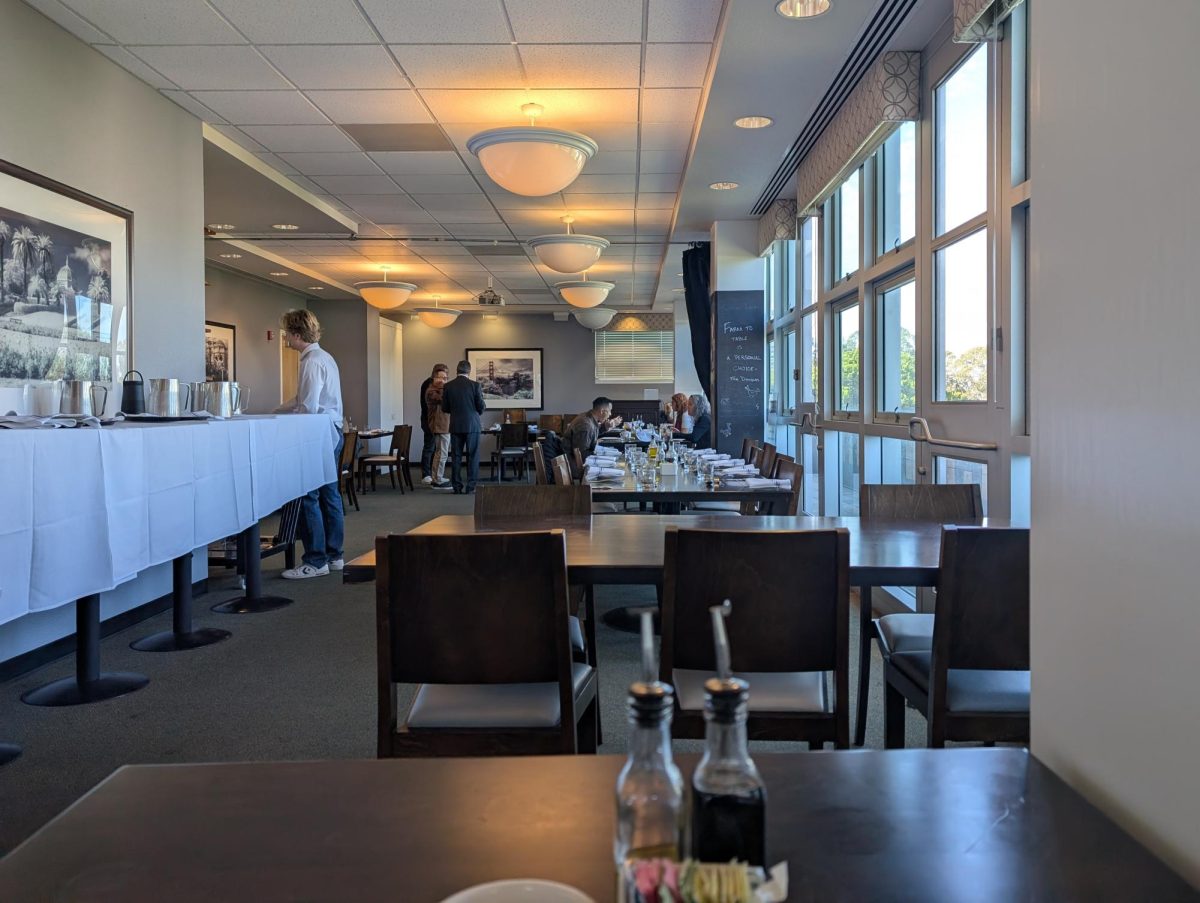
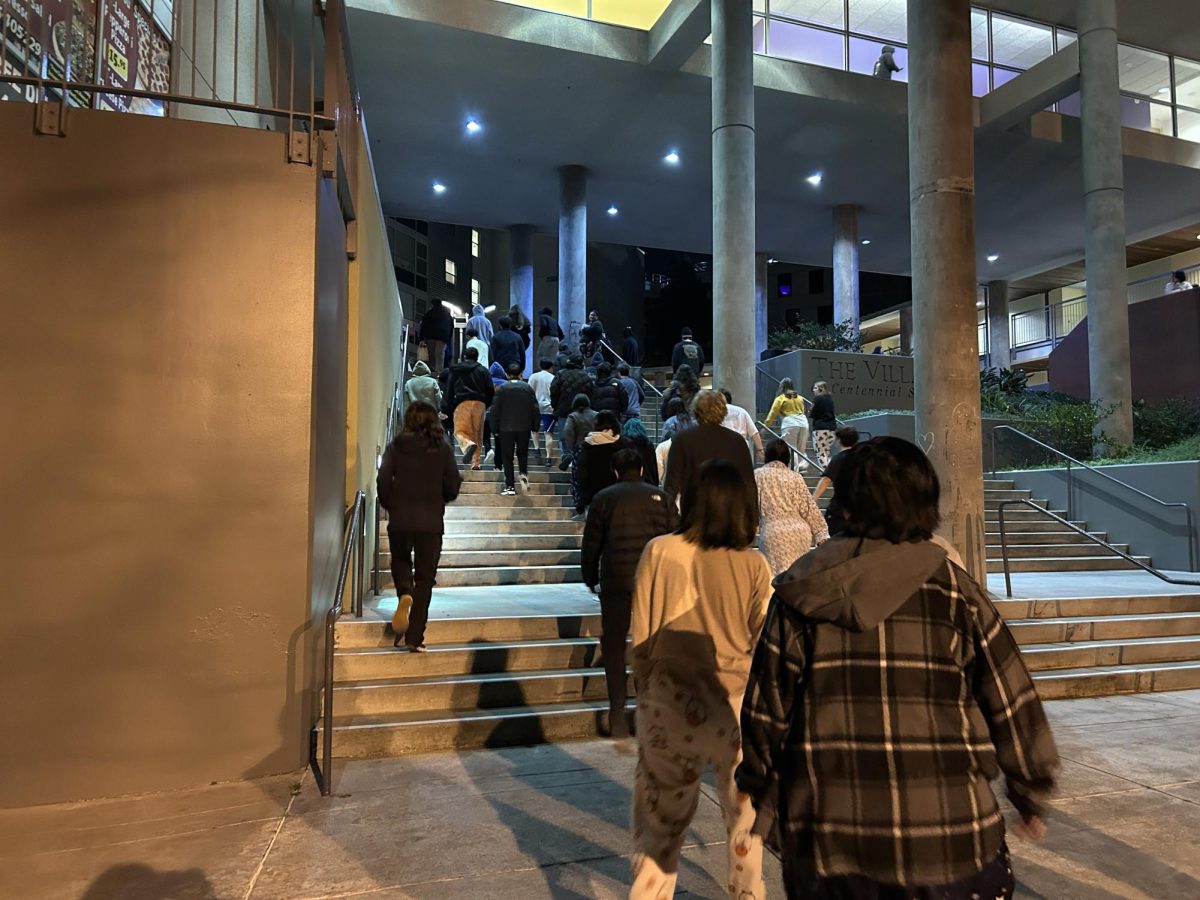
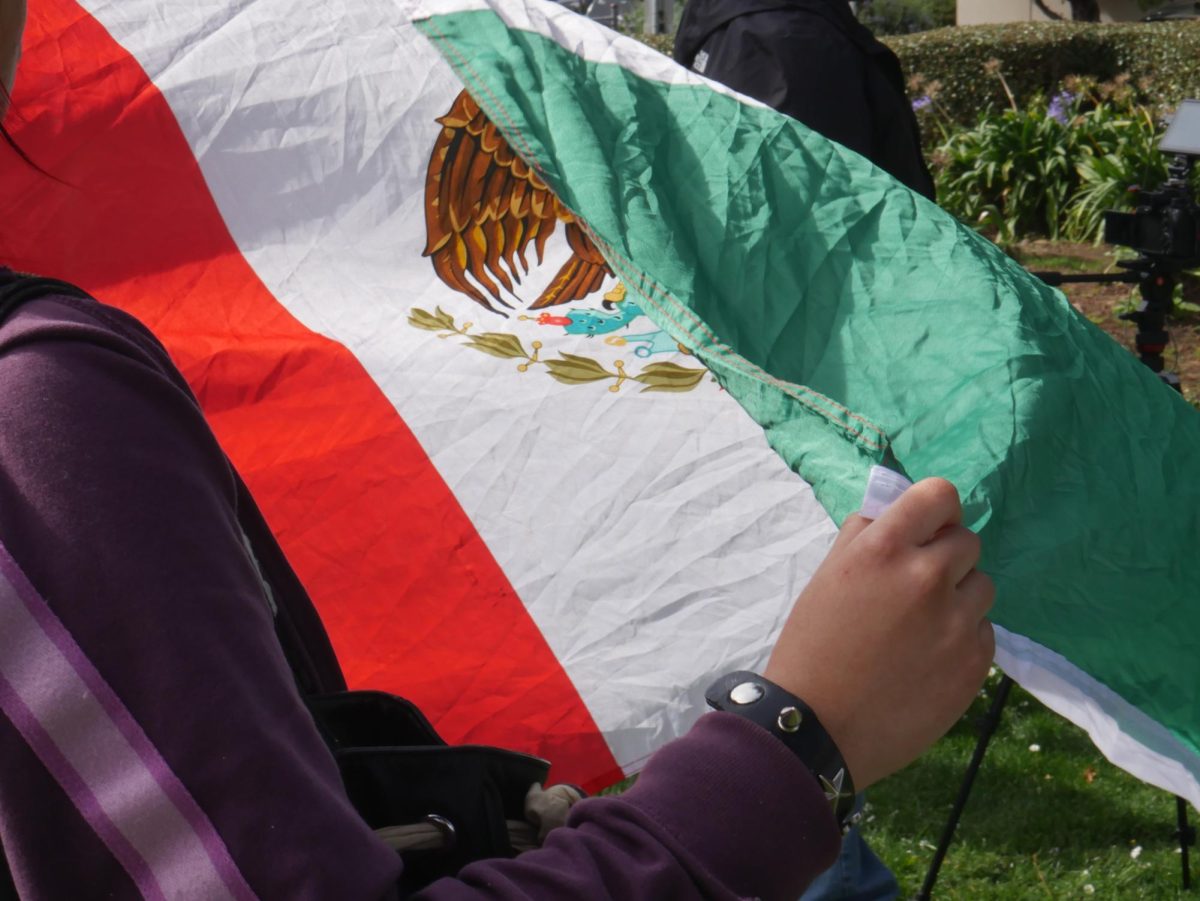
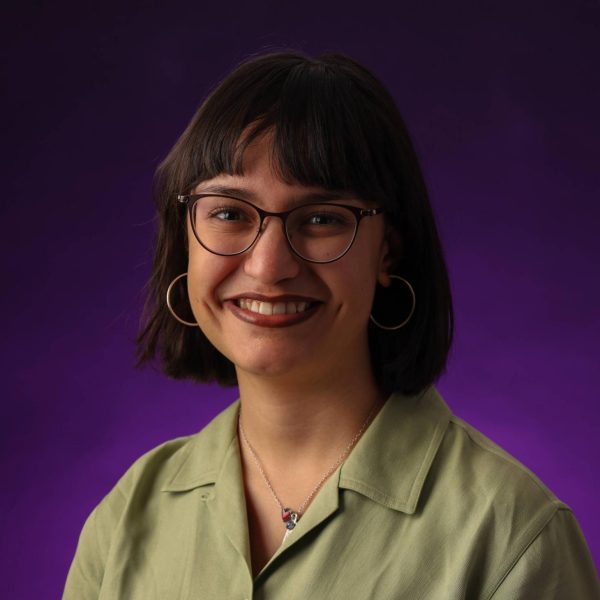
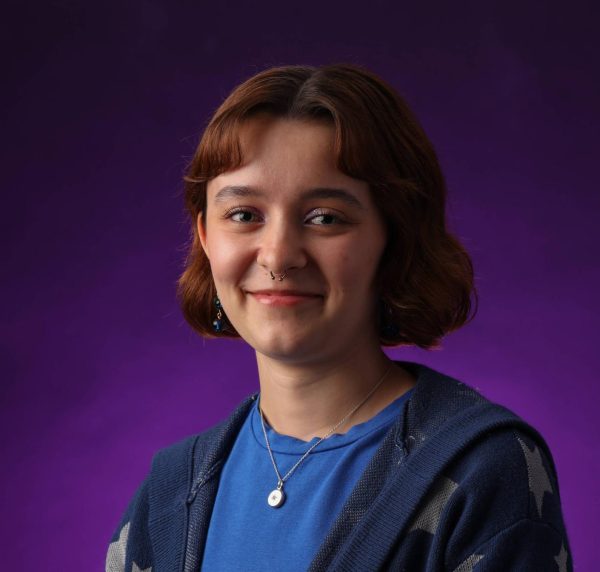
Yolanda Castro • Jan 31, 2025 at 12:50 am
I throughly enjoyed reading this article. I love traditional beliefs and in telling the culture is not loss. Gracias Ms. Rerucha.
l.a.kurth • Jan 30, 2025 at 7:12 pm
Thank you! What a wonderful cultural, spiritual, and educational event